
Robohub.org
228
RoboUniverse 2016: Drones, AI, and 3D Printing with Dr. Douglas Stow, Dr. Eugene Izhikevich and Cullen Hilkene
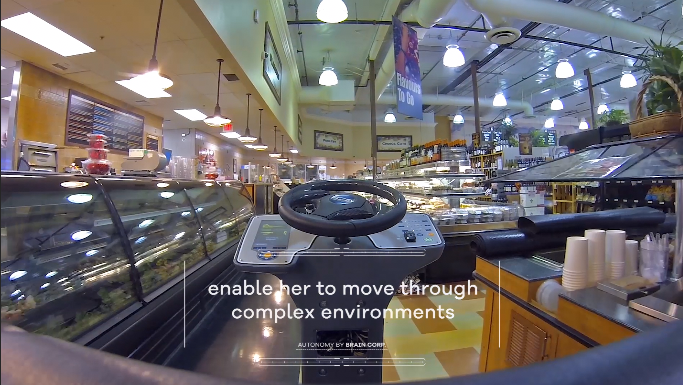

In this episode, Abate De Mey interviews speakers from the Artificial Intelligence and Drone tracks at RoboUniverse San Diego and the Inside 3D Printing Conference. Dr. Douglas Stow from the Drones track discusses the use of drones in analyzing large scale changes over time in terrains, and its applications in determining the extent of damage after a natural disaster. From the Artificial Intelligence track, Dr. Eugene Izhikevich discusses how his company, Brain Corporation, converts manually driven industrial machines into autonomous robots. Wrapping it up, Cullen Hilkene from 3Diligent discusses how his company optimizes the work flow and communication layer between a diverse set of 3D print vendors and their customers.
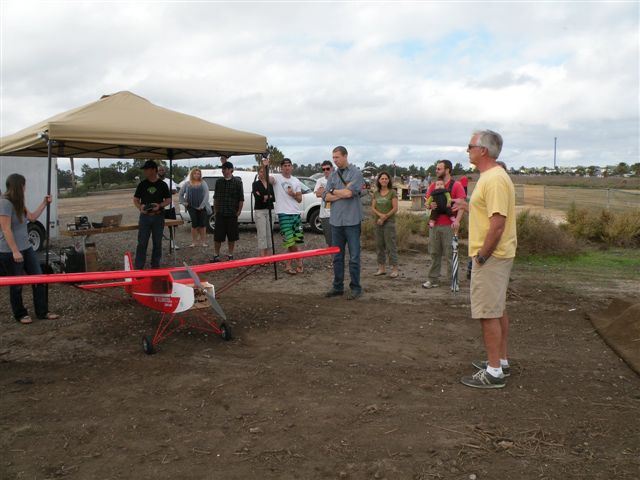
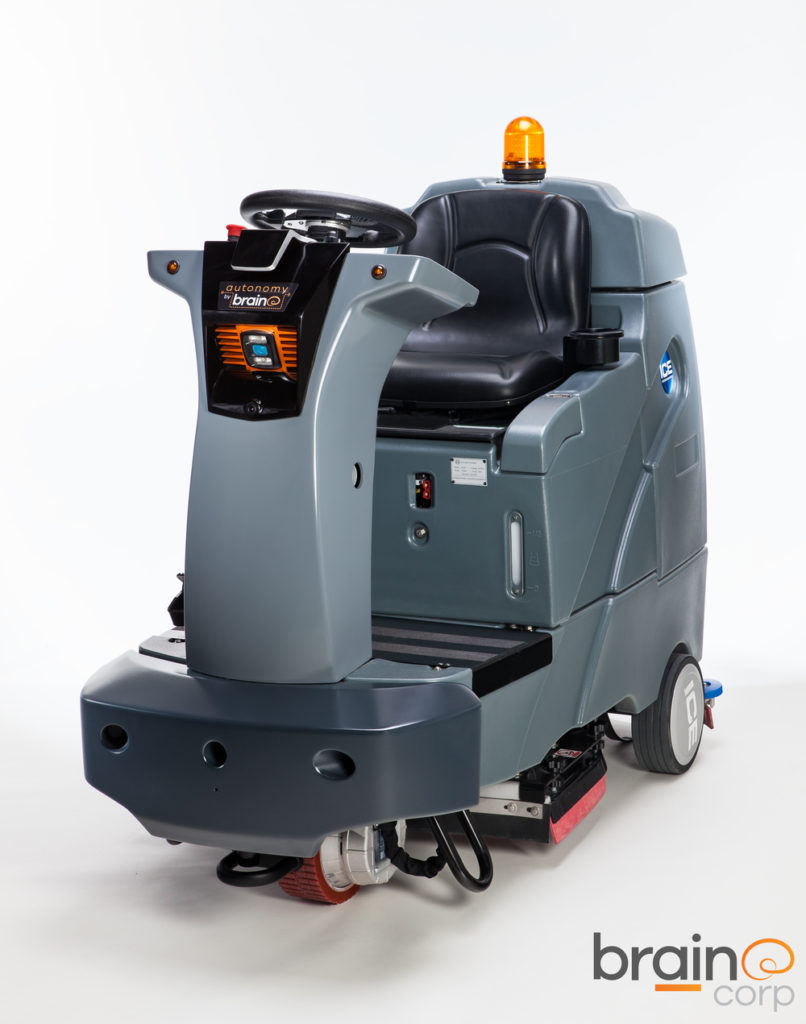
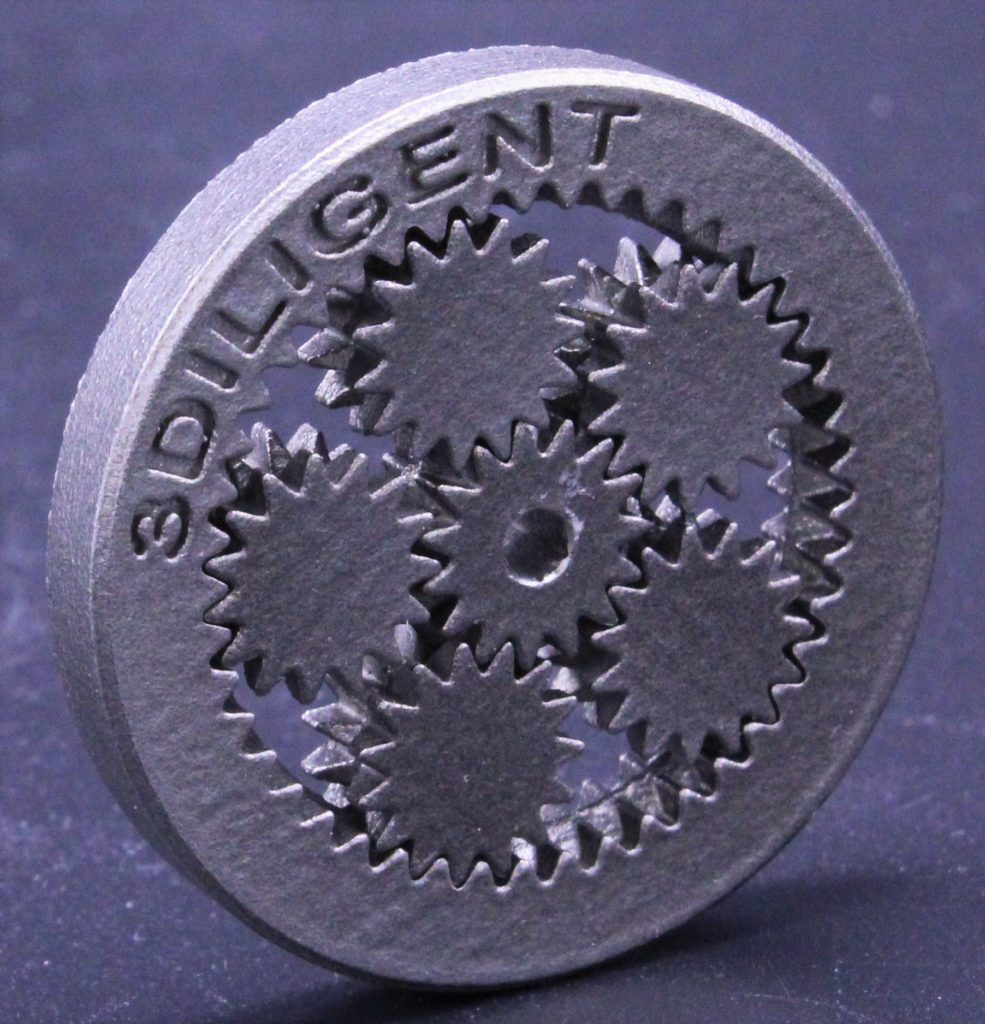
Dr. Douglas Stow
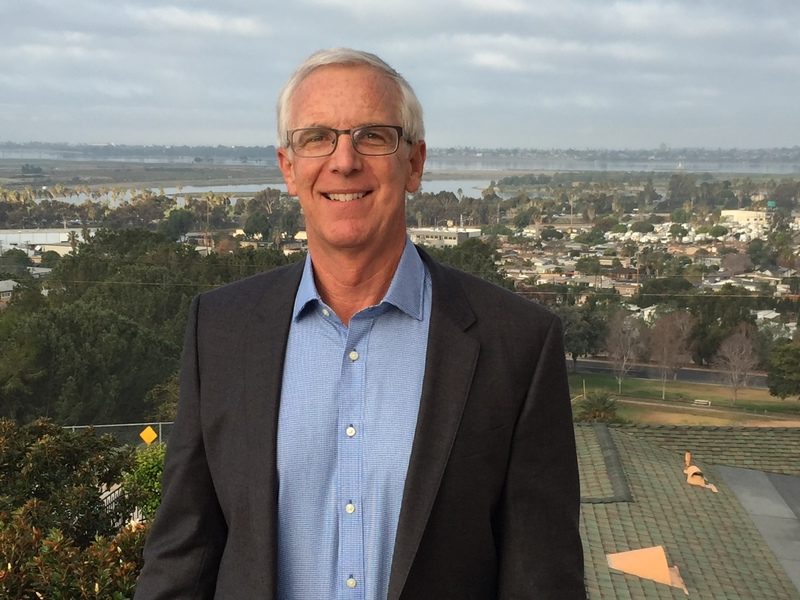 Dr. Stow is a Professor of Geography at San Diego State University (SDSU) and has been on the faculty for 33 years. He has worked in the remote sensing field for almost 40 years and his research focuses on multitemporal image analysis. He is the primary instructor of remote sensing courses at SDSU and is the Co-Director of the Center for Earth Systems Analysis Research.
Dr. Stow is a Professor of Geography at San Diego State University (SDSU) and has been on the faculty for 33 years. He has worked in the remote sensing field for almost 40 years and his research focuses on multitemporal image analysis. He is the primary instructor of remote sensing courses at SDSU and is the Co-Director of the Center for Earth Systems Analysis Research.
Dr. Eugene Izhikevich
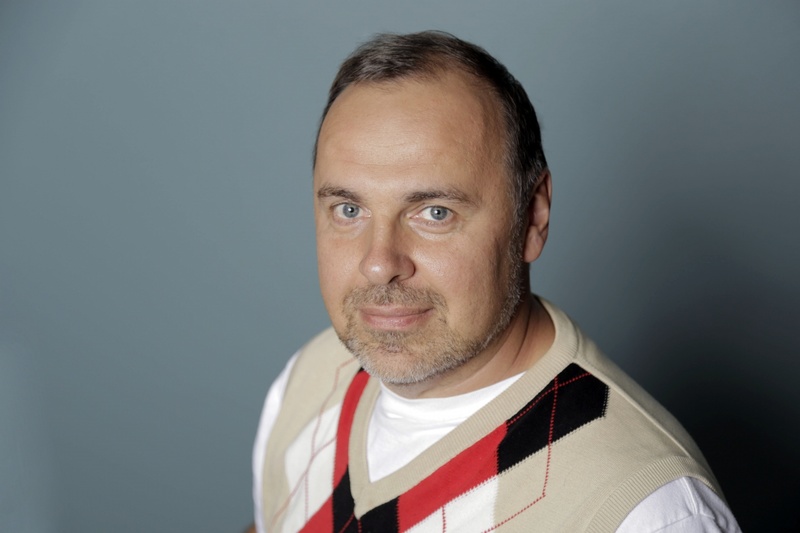 Known for his contributions to the theory of spiking networks, in 2005 Dr. Izhikevich implemented the world’s largest thalamo-cortical model. It simulated one hundred billion neurons and one quadrillion synapses – the same number as the human brain. In addition, Dr. Izhikevich was a senior fellow in Theoretical Neurobiology at the San Diego based Neurosciences Institute and is the founder of Scholarpedia, a free, peer-reviewed encyclopedia.
Known for his contributions to the theory of spiking networks, in 2005 Dr. Izhikevich implemented the world’s largest thalamo-cortical model. It simulated one hundred billion neurons and one quadrillion synapses – the same number as the human brain. In addition, Dr. Izhikevich was a senior fellow in Theoretical Neurobiology at the San Diego based Neurosciences Institute and is the founder of Scholarpedia, a free, peer-reviewed encyclopedia.
Cullen Hilkene
 Cullen Hilkene is CEO of 3Diligent, “the 3D Printing Partner for Every Business.” 3Diligent is a web-based rapid manufacturing service described as “Uber meets Amazon for 3D Printing, CNC Machining, and Molding and Casting.” Hilkene was introduced to 3D printing while working on a project with Deloitte Consulting, where he was exposed to many of the business challenges that it began solving. Cullen received his MBA from the UCLA Anderson School of Management and his BA from Princeton University.
Cullen Hilkene is CEO of 3Diligent, “the 3D Printing Partner for Every Business.” 3Diligent is a web-based rapid manufacturing service described as “Uber meets Amazon for 3D Printing, CNC Machining, and Molding and Casting.” Hilkene was introduced to 3D printing while working on a project with Deloitte Consulting, where he was exposed to many of the business challenges that it began solving. Cullen received his MBA from the UCLA Anderson School of Management and his BA from Princeton University.
Links
- Download MP3 (20.3 Mb)
- Research into remote sensing optimization (Dr. Stow)
- Autonomous driving using BrainCorp technology
- Overview of 3Diligent platform
tags: c-Events





